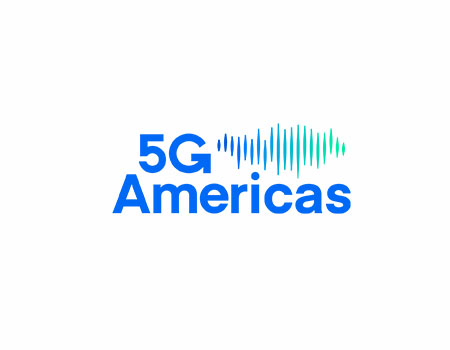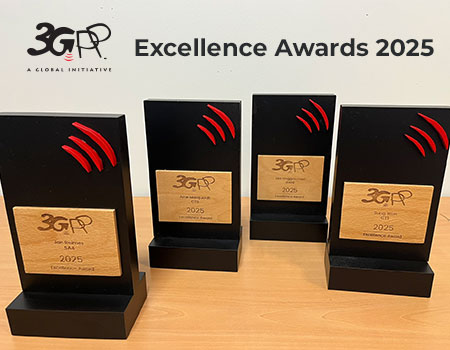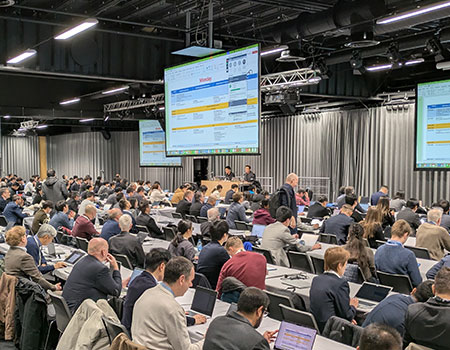World IPv6 day
Jun 02,2011
It is too soon to say whether it is a day to change the World, but there is sure to be Global interest in the events of the 8th June 2011 across the net.
IPv6 is set to deliver a 128-bit internet address field, compared to the 32-bits available using IPv4. These extra bits are necessary due to the massive uptake of the internet and also because of the future potential that will be unleashed by 3GPP systems.
A major brake on the early adoption of IPv6, so far, has been the incompatibility of network equipment for IPv4 and IPv6. However, the time is fast approaching where networks must migrate, due to the exhaustion of IPv4 addresses available for use.
The IPv6 Forum and others have warned that we are in the last year of the IPv4 era, and it now appears that IPv6’s time has finally come. The Internet Society has called for a ” World IPv6 Day” on the 8th June 2011 (Not the 6th as we mistakenly advised last week), when the major internet providers will launch IPv6 services for one day – “...so that people can help evaluate and troubleshoot the linkages”.
According to Richard Quinnell, in his Everything LTE blog; “Today’s new smartphones and LTE user equipment should already have software in place to work with IPv6, but the rest of the wireless network infrastructure – including third-party website and applications providers - may not. It might be worthwhile to check things out this June to make sure you’re completely ready for IPv6.”
For more about World IPv6 Day, go to http://www.internetsociety.org/worldipv6day
 The IPv6 Forum President has recently added his voice to support immediate move of services to IPv6, in a recent Press release Latif Ladid proclaimed “The time is now! And resistance is futile... as the Internet Assigned Numbers Authority has allocated the last IP address blocks from the global IPv4 central address pool, ending all debates over when this would happen.”
The IPv6 Forum President has recently added his voice to support immediate move of services to IPv6, in a recent Press release Latif Ladid proclaimed “The time is now! And resistance is futile... as the Internet Assigned Numbers Authority has allocated the last IP address blocks from the global IPv4 central address pool, ending all debates over when this would happen.”
The IPv6 Forum (http://www.ipv6forum.com/) is a Market Representation Partner (MRP) in 3GPP.
IPv6 is set to deliver a 128-bit internet address field, compared to the 32-bits available using IPv4. These extra bits are necessary due to the massive uptake of the internet and also because of the future potential that will be unleashed by 3GPP systems.
A major brake on the early adoption of IPv6, so far, has been the incompatibility of network equipment for IPv4 and IPv6. However, the time is fast approaching where networks must migrate, due to the exhaustion of IPv4 addresses available for use.
The IPv6 Forum and others have warned that we are in the last year of the IPv4 era, and it now appears that IPv6’s time has finally come. The Internet Society has called for a ” World IPv6 Day” on the 8th June 2011 (Not the 6th as we mistakenly advised last week), when the major internet providers will launch IPv6 services for one day – “...so that people can help evaluate and troubleshoot the linkages”.
According to Richard Quinnell, in his Everything LTE blog; “Today’s new smartphones and LTE user equipment should already have software in place to work with IPv6, but the rest of the wireless network infrastructure – including third-party website and applications providers - may not. It might be worthwhile to check things out this June to make sure you’re completely ready for IPv6.”
For more about World IPv6 Day, go to http://www.internetsociety.org/worldipv6day
 The IPv6 Forum President has recently added his voice to support immediate move of services to IPv6, in a recent Press release Latif Ladid proclaimed “The time is now! And resistance is futile... as the Internet Assigned Numbers Authority has allocated the last IP address blocks from the global IPv4 central address pool, ending all debates over when this would happen.”
The IPv6 Forum President has recently added his voice to support immediate move of services to IPv6, in a recent Press release Latif Ladid proclaimed “The time is now! And resistance is futile... as the Internet Assigned Numbers Authority has allocated the last IP address blocks from the global IPv4 central address pool, ending all debates over when this would happen.” The IPv6 Forum (http://www.ipv6forum.com/) is a Market Representation Partner (MRP) in 3GPP.


 Partners News
Partners News 




